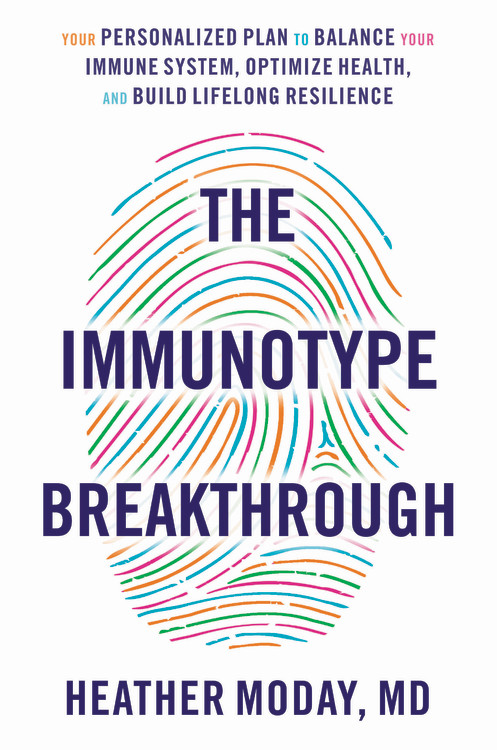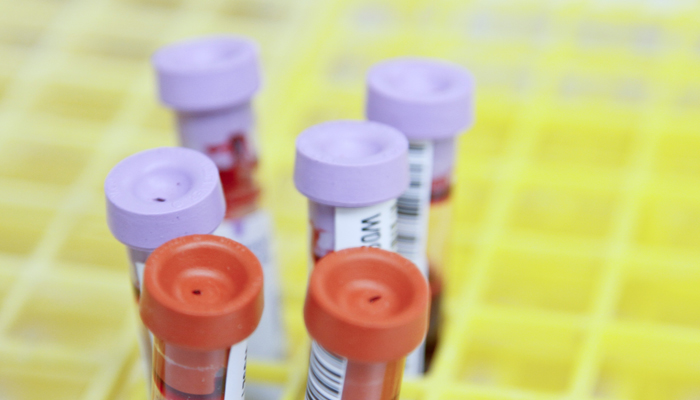Do you want to increase your healthspan, not just your lifespan? Sign up to receive our free comprehensive guide to reversing your bio-age!
Our Approach

Featured On The Darin Olien Show
Listen as Dr. Heather Moday helps us solve the mysteries of the whole immune system.

Conditions We Treat
- Adrenal Dysfunction
- Allergies
- Arthritis
- Autoimmune Diseases
- Bioidentical Hormone Replacement Therapy (BHRT)
- Brain / Cognitive Problems
- Cancer Prevention
- Chronic Disease Prevention
- Chronic Fatigue / Energy Problems
- Digestive Disorders (IBD, IBS, GERD, SIBO, Reflux, Leaky Gut)
- Environmental Toxicity Evaluations (Mold, Heavy Metals)
- Female Hormone Issues (PCOS, Infertility, Perimenopause, Menopause)
- Fibromyalgia
- Food Sensitivities
- Healthy Aging and Health Optimization
- Mood Issues (Anxiety, Depression)
- Nutritional Deficiencies
- Metabolic Issues (High Cholesterol, Hypertension, Diabetes, Weight Problems)
- Migraines and Headaches
- Skin Issues (Acne, Rosacea, Eczema)
- Thyroid Disorders
Conditions We Treat
- Acne
- Alzheimer’s Disease
- Dementia
- Arthritis
- Asthma
- Autism Spectrum Disorder, ADD, ADHD
- Autoimmune Diseases
- Bioidentical hormone replacement therapy (BHRT)
- Cancer Prevention
- Chronic Fatigue
- Chronic Sinusitis
- Depression and Anxiety
- Detoxification and Healing
- Diabetes
- Digestive Disorders (IBD, IBS, GERD/Reflux)
- Eczema/Psoriasis
- Elevated Cholesterol
- Environmental and Food Allergies
- Fatigue
- Female Disorders (PMS, Menopause, Infertility, PCOS)
- Fibromyalgia
- Healthy Aging
- Healthy Weight and Metabolism
- Heart Health
- Hormone Balance
- Interstitial Cystitis
- Low Testosterone
- Mercury and Heavy Metal Toxicity
- Metabolic Syndrome, Pre-Diabetes, Insulin Resistance
- Migraines and Headaches
- Multiple Sclerosis
- Obesity
- Osteoporosis
- Parkinson’s Disease
- Restless Leg Syndrome
- Sleep/Insomnia
- Thyroid and Adrenal Disorders


















